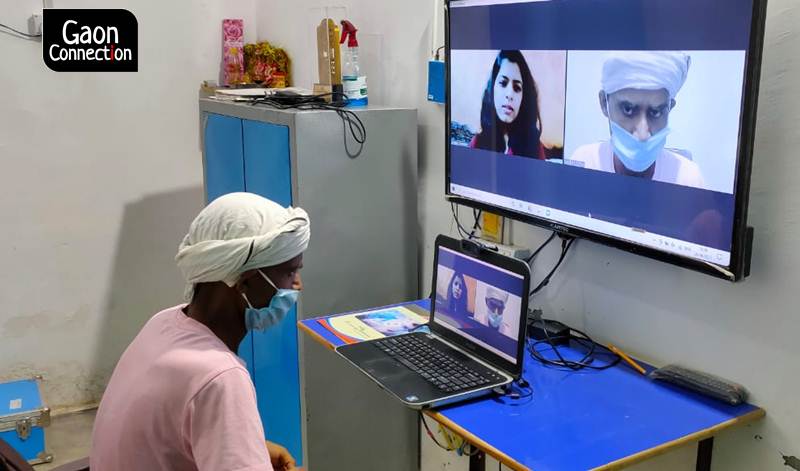
The use of telemedicine services has increased in recent years. Usually, a local medical practitioner facilitates communication between a patient and a remotely located city-based doctor. Although this is a welcome development, the communication barriers and trust deficit between the parties cannot be ignored. City-based doctors come from vastly different socio-economic contexts and often have limited to no experience in the semi-urban/rural context. The doctors might lack awareness of common diseases in rural/ semi-urban areas, like stone-cutting workers suffering from silicosis or the effect of prolonged pesticide exposure on farmers. In a country as diverse as India, inadequate understanding of values, behaviors, norms, diets, dialects, etc. can prove as a hindrance to diagnosis and treatment. Even the patients might feel conscious and apprehensive about engaging with city-based doctors.
Hence, it is crucial to develop human-centered telemedicine models that are context-appropriate and algorithms that consider attributes like socio-cultural factors, language, location proximity, etc. when matching a patient with a doctor.


